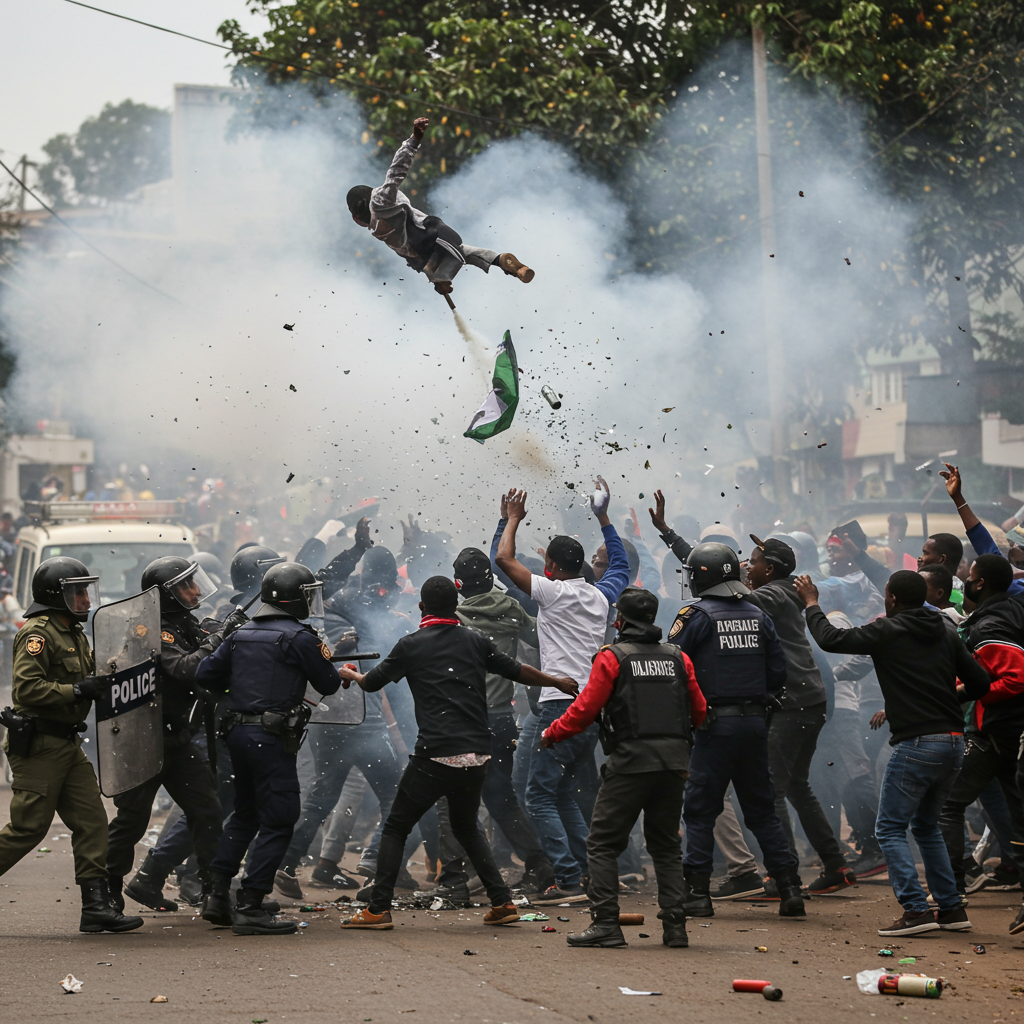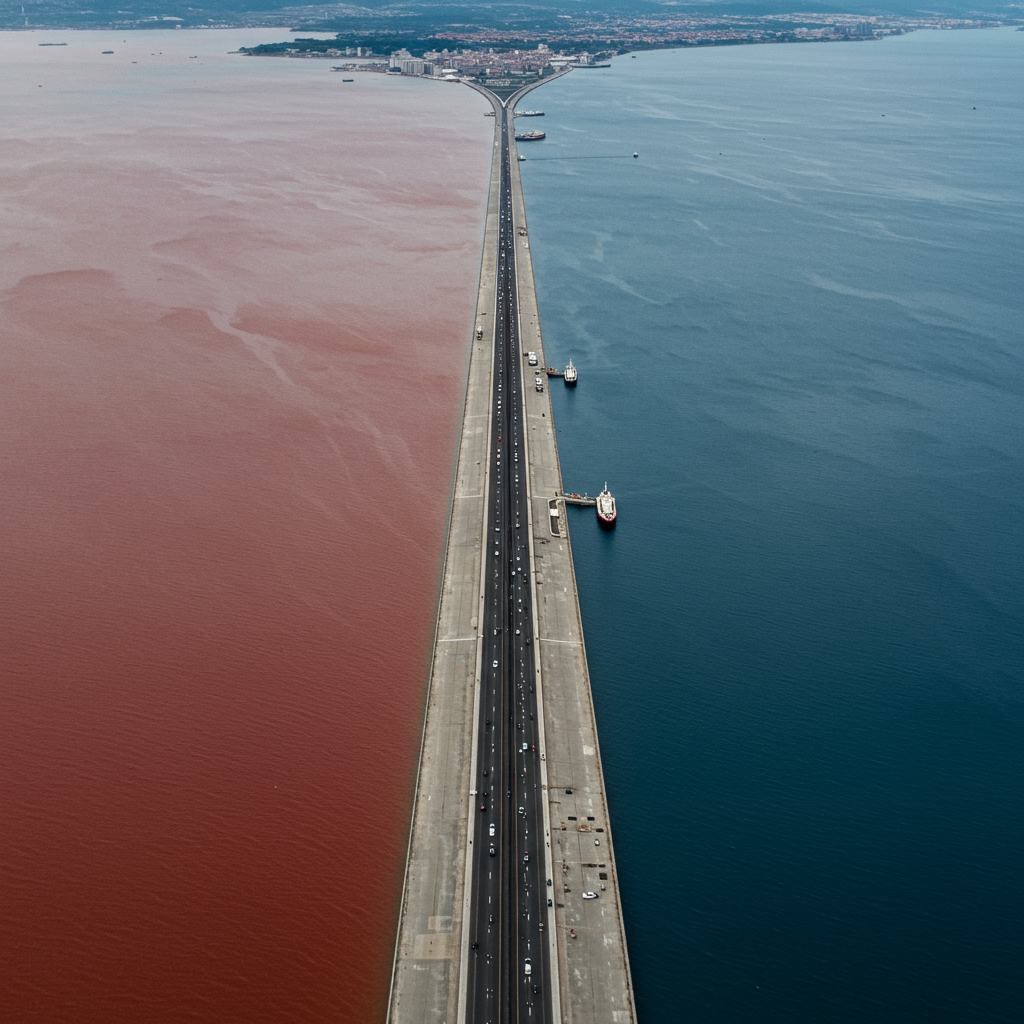As tensions between Israel and Iran continue to escalate following reciprocal strikes, Labour leader Sir Keir Starmer has issued a direct appeal to former US President Donald Trump, urging him to maintain a “cool head.” This plea comes amid reports that Trump has signed off on plans for a potential military strike against Iran.
The call for restraint is echoed by the UK government, with the Prime Minister’s spokesman emphasizing the need for de-escalation and a return to diplomacy. “The continuation of the current situation is in no one’s interest,” the spokesman stated, adding, “We want to see cool heads and a return to diplomacy because that is the best route forward.”
Diplomatic Efforts Intensify
The escalating crisis has triggered urgent diplomatic action from the UK. Sir Keir Starmer is undertaking a significant diplomatic initiative ahead of the G7 summit in Canada, engaging with international partners including Canadian Prime Minister Mark Carney and expected meetings with other leaders like US President Donald Trump, French President Emmanuel Macron, and German Chancellor Friedrich Merz. The core message from Starmer and the UK government remains consistent: de-escalation through diplomacy is paramount.
Meanwhile, UK Foreign Secretary David Lammy is on a rapid diplomatic tour, including crucial meetings in Washington D.C. with US counterparts before heading to Geneva for summit talks involving the UK, France, Germany, and Iran, likely with EU participation. These talks, coordinated with the US, aim to secure assurances about the civilian nature of Iran’s nuclear programme and find a long-term diplomatic resolution. French officials have stressed there is “no military solution” to Iran’s nuclear ambitions, warning strikes risk contamination, proliferation, and significant regional instability, advocating strongly for negotiation.
Escalation on the Ground
The calls for de-escalation arrive against a backdrop of dangerous military exchanges. Following Iran’s launch of a barrage of missiles targeting areas including the Soroka hospital complex in Beersheba (an attack Iran denies deliberately targeting the hospital, claiming only superficial damage from a nearby military base strike, though Israel labels it a war crime), Israel vowed retaliation. Senior Israeli figures did not rule out targeting Iran’s Supreme Leader, Ali Khamenei, stating he could “no longer be allowed to exist.”
Satellite imagery has confirmed damage to Iran’s Arak heavy water reactor following an Israeli strike. Israel’s military stated the attack targeted the reactor core seal to prevent plutonium production for potential weapons, calling it a necessary measure given Iran’s rejection of diplomacy. Iran, in turn, accuses Israel of spreading the conflict and targeting civilian and strategic sites.
Israel has also warned of the possibility of further Iranian missile attacks, with alerts activated in the country’s north.
Strategic Concerns and UK Involvement
The potential for expanded conflict raises significant strategic concerns. US officials are preparing for the possibility of Iran attempting to shut down the vital Strait of Hormuz, a key global shipping route for a quarter of the world’s oil, which could also trap US Navy ships in the Persian Gulf.
For the UK, potential involvement carries complexities, particularly regarding the use of the joint UK-US base on Diego Garcia in the Chagos Islands. Reports suggest UK Attorney General Lord Hermer has warned that British involvement in a US attack on Iran, beyond defending allies, could be deemed illegal, especially as the use of Diego Garcia requires UK permission under Labour’s recent deal with Mauritius. This has sparked political debate, with government figures defending adherence to international law while Conservative critics question Labour’s stance on the base’s strategic importance.
Humanitarian Impact and International Reaction
The violence has had immediate humanitarian consequences. The World Health Organisation (WHO) has condemned attacks on health facilities in both Israel and Iran, urging all parties to protect medical sites, staff, and patients, stating, “The best medicine is peace.” Reports also highlight the human cost, including images of children taking shelter in makeshift bunkers in Israel and funerals held in Tehran for Iranian Red Crescent aid workers reportedly killed by Israeli strikes.
The escalating conflict, rising oil prices, and regional instability underscore the urgency for Western governments to contain the violence and protect critical energy routes. Countries like the UAE, with whom Starmer has engaged, may play a potential mediating role.
While the UK government supports Israel’s right to self-defence, particularly against Iranian strikes, official statements clarify Britain would not back Israel if strikes aimed for regime change rather than solely degrading nuclear capabilities, reinforcing the requirement for Israel to abide by international law. Contingency plans, including potential evacuation of UK nationals from Israel, are being kept under constant review given the severe travel warning issued by the Foreign Office.




